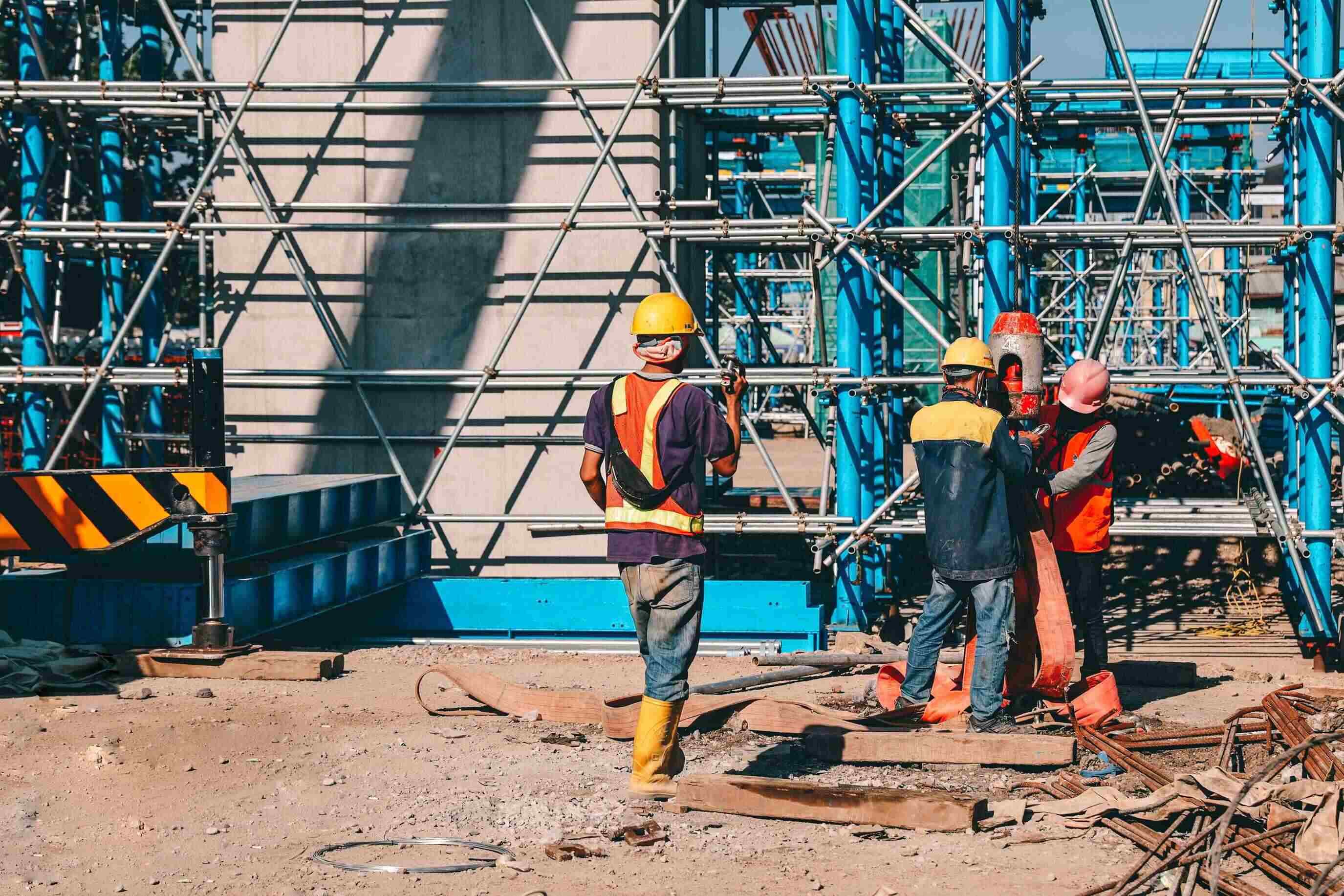Construction technology has a big role to play when it comes to the new infrastructure law— starting with making it easy to comply with federal wage requirements.
The bipartisan infrastructure law, which was ratified in November 2021, invests hundreds of billions of dollars into rebuilding aging infrastructure throughout the nation. The law has been written to be consistent with and reinforce existing laws and regulations regarding pay for construction workers on projects being funded by the federal government, including the Davis-Bacon Act, which establishes a standard prevailing wage—based on the work performed as well as the location—for all workers on federally funded construction projects.
The U.S. Department of Labor (DOL) requires employers to submit weekly payroll reports to prove that they are paying the prevailing wage to their employees. The DOL states that the average time consumed by completing a single certified payroll report for a given project is 55 minutes due to the complexity introduced by variables such as the number of projects, the number of workers, multiple projects worked on by a given worker, the job classification of each worker and the variable hours worked per day.
In addition to the time consumed and the financial resources devoted to that employee time, there are practical considerations of compliance with regulations. Delayed reports mean delayed payment, and errors in the report lead to penalties—regardless of intent.
Construction technology that can aggregate disparate data sources and produce the required reports in a quick and efficient manner provides value in terms of time and money. The assurance that required reports are completed accurately and in a compliant manner ensures that businesses can be confident in their documentation. In addition, changes to forms or processes are made via the tech-enabled process.
In the process of capitalizing on the opportunities provided by rebuilding and modernizing U.S. infrastructure, construction business leaders can leverage technology to ensure they pay workers the appropriate wage and also verify those actions for the government. Technology automating the compliance needs of construction companies can play a key role in helping realize the full potential of the bipartisan infrastructure law.




